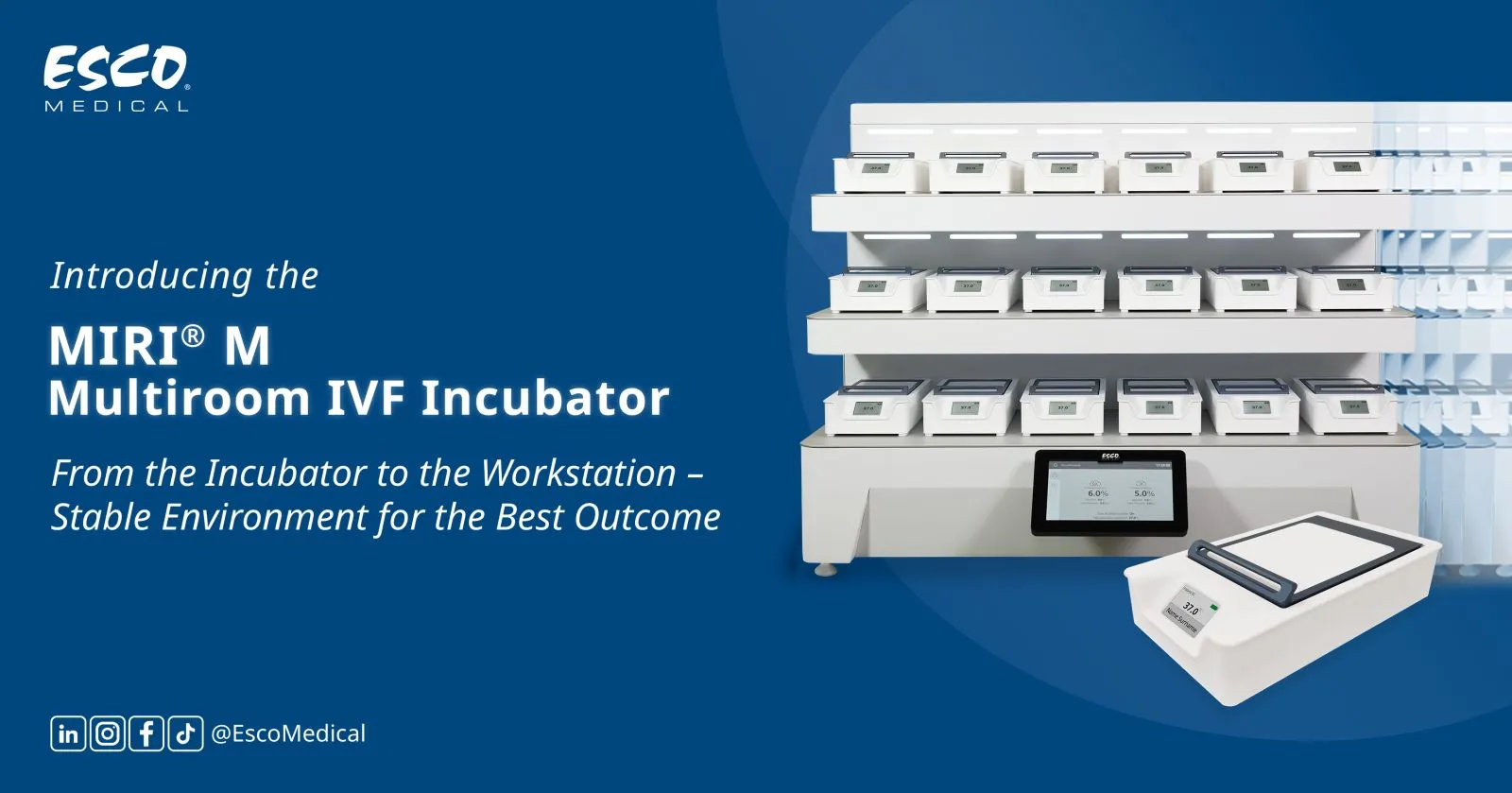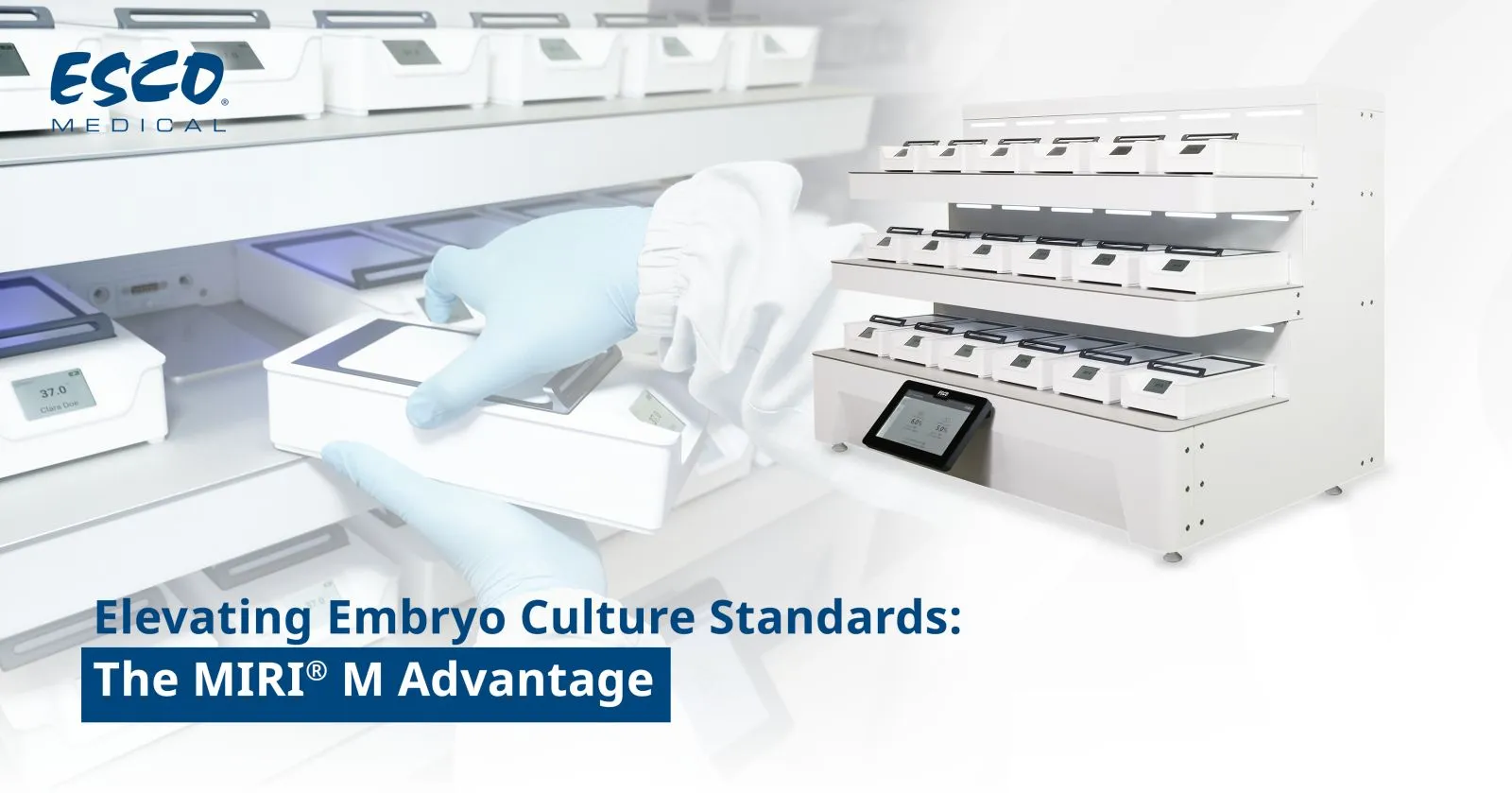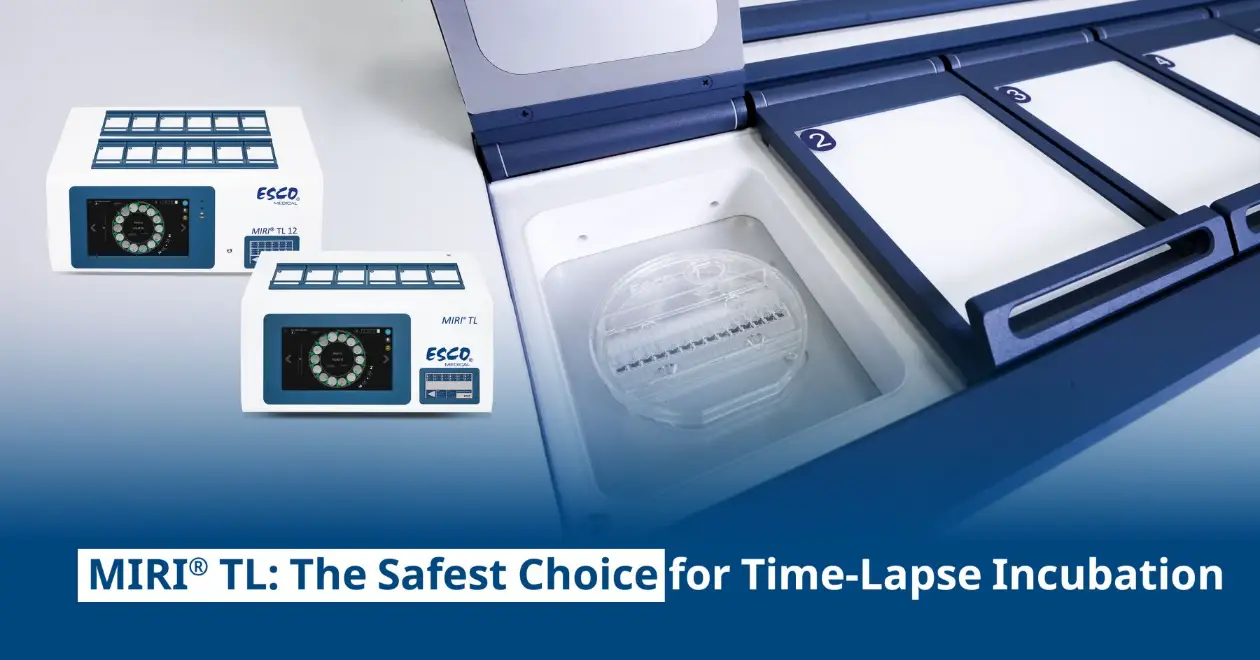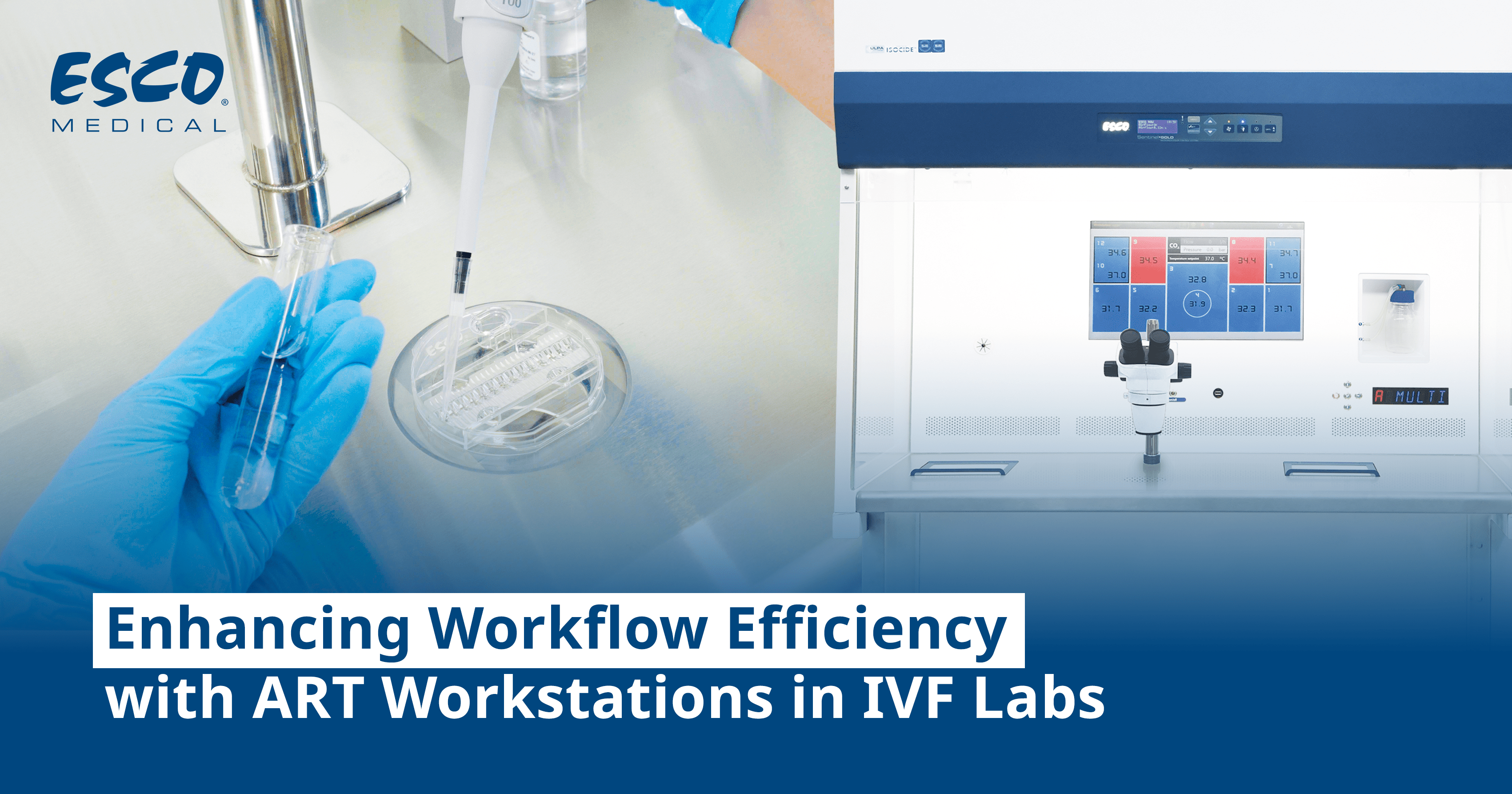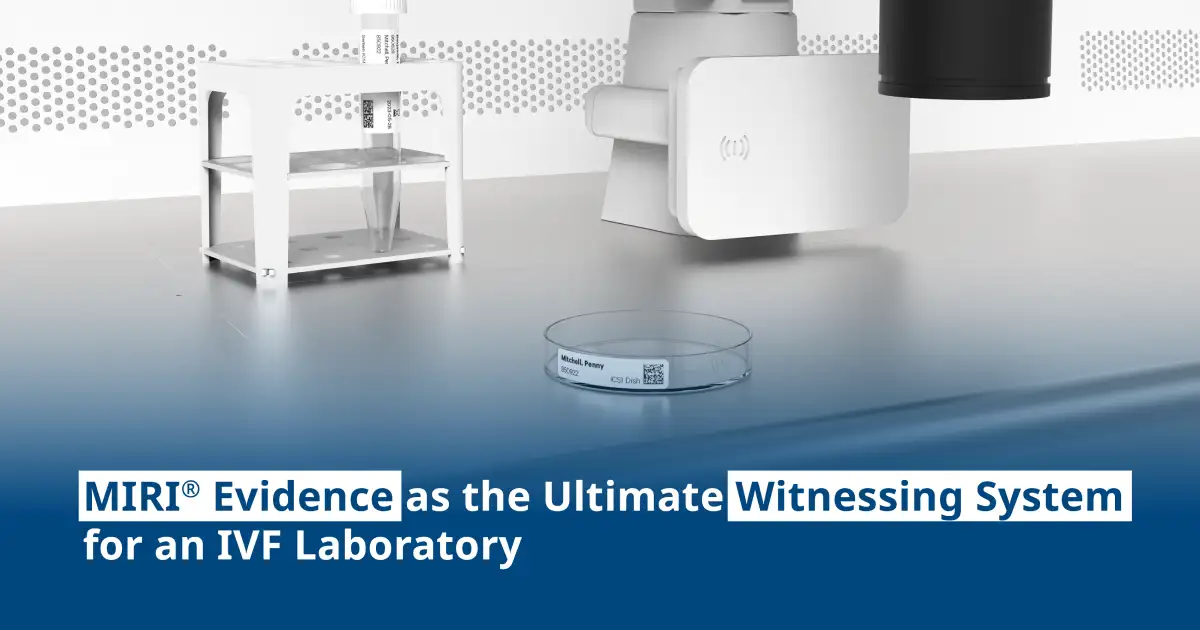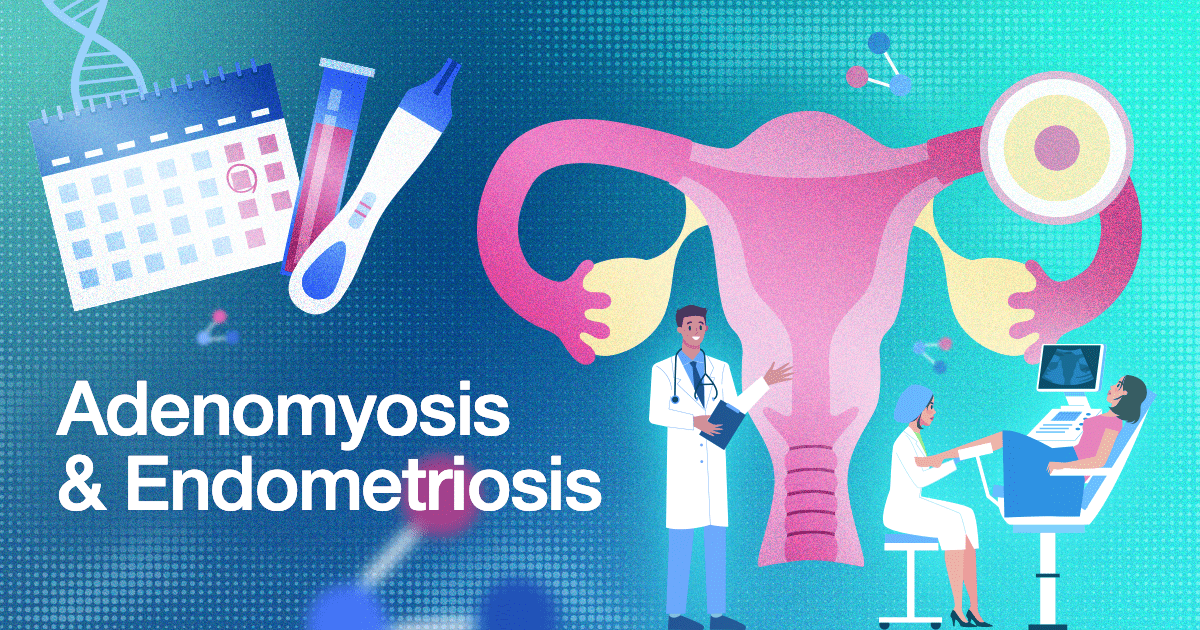
Brief overview of Adenomyosis and Endometriosis:
Adenomyosis and endometriosis are complex gynecological conditions
that profoundly impact women's reproductive health. Adenomyosis is
characterized by the invasion of endometrial tissue into the muscular layer of
the uterus, leading to symptoms such as pelvic pain, heavy menstrual bleeding,
and an enlarged uterus. In contrast, endometriosis involves the growth of
endometrial-like tissue outside the uterus, commonly affecting pelvic organs
and causing pain, inflammation, and the formation of adhesions. These
conditions often coexist, amplifying their effects on fertility [1].
The shared symptoms, including pelvic pain and menstrual irregularities, can
make diagnosis challenging. Both adenomyosis and endometriosis have been
identified as potential barriers to successful outcomes in assisted
reproductive technologies like in vitro fertilization (IVF) and
intracytoplasmic sperm injection (ICSI).
Understanding the impact of adenomyosis and endometriosis on ART
is crucial for tailoring effective fertility treatments. These conditions can
complicate the reproductive process, leading to challenges in successful
implantation and overall, ART success rates. Recognizing and addressing the
specific hurdles posed by adenomyosis and endometriosis allows for more
personalized and informed medical interventions. It enhances the ability of
healthcare professionals to provide targeted support and guidance to couples
navigating fertility treatments, ultimately improving the chances of achieving
successful outcomes in the context of these challenging reproductive disorders.
Adenomyosis and its impact on IVF/ICSI:
Adenomyosis is a gynecological condition characterized by the
presence of endometrial tissue, which normally lines the inside of the uterus,
growing into the muscular wall of the uterus. This invasion of endometrial
tissue into the uterine muscle can result in the enlargement of the uterus,
leading to symptoms such as heavy or prolonged menstrual bleeding, pelvic pain,
and discomfort during intercourse. The exact cause of adenomyosis is not fully
understood, but it is often associated with hormonal imbalances, inflammation,
or prior uterine surgery. Adenomyosis can impact fertility by affecting the
uterine environment, potentially leading to difficulties with implantation
during processes like in vitro fertilization (IVF). Understanding the
mechanisms and manifestations of adenomyosis is crucial for both diagnosis and
developing tailored treatment approaches, especially in the context of
reproductive health and fertility interventions.
Adenomyosis can have notable effects on fertility and implantation
during in vitro fertilization (IVF) and intracytoplasmic sperm injection
(ICSI). The presence of adenomyosis often alters the uterine environment,
creating challenges for successful embryo implantation. The increased uterine
size and changes in the muscular wall can hinder the normal processes required
for embryo attachment to the uterine lining. Additionally, adenomyosis may lead
to inflammation and hormonal imbalances, further impacting the receptivity of
the uterus. These factors collectively contribute to reduced implantation rates
and lower success rates in assisted reproductive technologies [2].
Endometriosis and its impact on IVF/ICSI
Endometriosis can significantly influence in vitro fertilization
(IVF) and intracytoplasmic sperm injection (ICSI) outcomes. This condition,
characterized by the growth of endometrial-like tissue outside the uterus,
often leads to various challenges in assisted reproductive technologies.
The presence of endometriosis can negatively impact fertility by
causing structural changes, inflammation, and adhesions in the pelvic region.
These factors may compromise egg quality, disrupt normal ovarian function, and
impede the journey of the sperm and embryo through the reproductive tract [3].
Furthermore, endometriosis is associated with an increased risk of
implantation failure and miscarriage during IVF and ICSI procedures. The
inflammatory environment created by endometriotic lesions may affect the
receptivity of the uterine lining, reducing the likelihood of successful embryo
implantation.
Strategies and Interventions:
Pre-IVF ICSI assessment for Adenomyosis and Endometriosis
A thorough pre-IVF/ICSI assessment for adenomyosis and
endometriosis is critical for optimizing fertility treatment strategies. This
assessment involves comprehensive diagnostic measures to identify the presence
and severity of these conditions. Imaging techniques such as transvaginal
ultrasound and magnetic resonance imaging (MRI) can aid in visualizing
abnormalities associated with adenomyosis [4].
Similarly, laparoscopy is often employed to diagnose endometriosis by directly
visualizing and, if necessary, treating the lesions.
Once diagnosed, tailored interventions can be implemented based on
the specific needs of the individual. For adenomyosis, medical management to
alleviate symptoms and improve uterine receptivity may be considered. In the
case of endometriosis, surgical interventions to remove endometriotic lesions
and enhance fertility may be recommended.
This proactive approach enables healthcare professionals to
develop a precise and effective treatment plan, addressing adenomyosis and
endometriosis before embarking on IVF/ICSI. By addressing these conditions
upfront, the chances of successful outcomes in assisted reproductive
technologies are optimized, offering a more personalized and targeted approach
to fertility treatments.
Individualized treatment plans & Importance of multidisciplinary collaboration
The importance of multidisciplinary collaboration in the creation
of individualized treatment plans for adenomyosis and endometriosis cannot be
overstated. These conditions often require expertise from various medical
specialties, including gynecology, reproductive endocrinology, radiology, and
surgery.
Collaboration among specialists is crucial for creating
personalized treatment plans for adenomyosis and endometriosis. This
multidisciplinary approach combines the expertise of gynecologists, fertility
specialists, and surgeons. By fostering communication and integrating insights
from various fields, individualized strategies can be developed, optimizing the
effectiveness of treatments such as IVF/ICSI. This collaborative effort ensures
a comprehensive approach to address both fertility challenges and overall
well-being for individuals dealing with these conditions.
Emerging treatments and technologies
For adenomyosis and endometriosis, treatments and technologies are
continuously evolving. Researchers are exploring novel approaches such as
targeted drug therapies, immunomodulation, and minimally invasive surgical
techniques to improve outcomes and alleviate symptoms. Advancements in imaging
technologies, like three-dimensional ultrasound and advanced MRI techniques,
contribute to more accurate diagnosis and personalized treatment planning.
Areas for further investigation in improving IVF/ICSI success rates.
Include refining protocols for ovarian stimulation, optimizing embryo culture conditions, and enhancing endometrial receptivity. Research is also focusing on the impact of lifestyle factors, immunological responses, and the microbiome on fertility outcomes. Understanding the molecular and genetic aspects of these conditions may unlock new avenues for targeted interventions, ultimately improving the efficacy of assisted reproductive technologies in individuals with adenomyosis and endometriosis.
Leveraging a Time-lapse embryo monitoring significantly enhances
critical decision-making and streamlines the embryo culture process. This
becomes particularly crucial when managing cases involving significant health
factors like adenomyosis or endometriosis. MIRI®
Time-Lapse Incubator manufactured by Esco Medical – The continuous monitoring
provided by the time-lapse system allows for meticulous observation and
assessment of embryo development. The real-time insights from the time-lapse
technology contribute to a more precise and individualized approach, optimizing
the chances of successful outcomes for patients facing these complex
reproductive health conditions. All
Esco Medical products create the best conditions for embryos to develop. Create
a good premise to bring the best results for IVF results.
